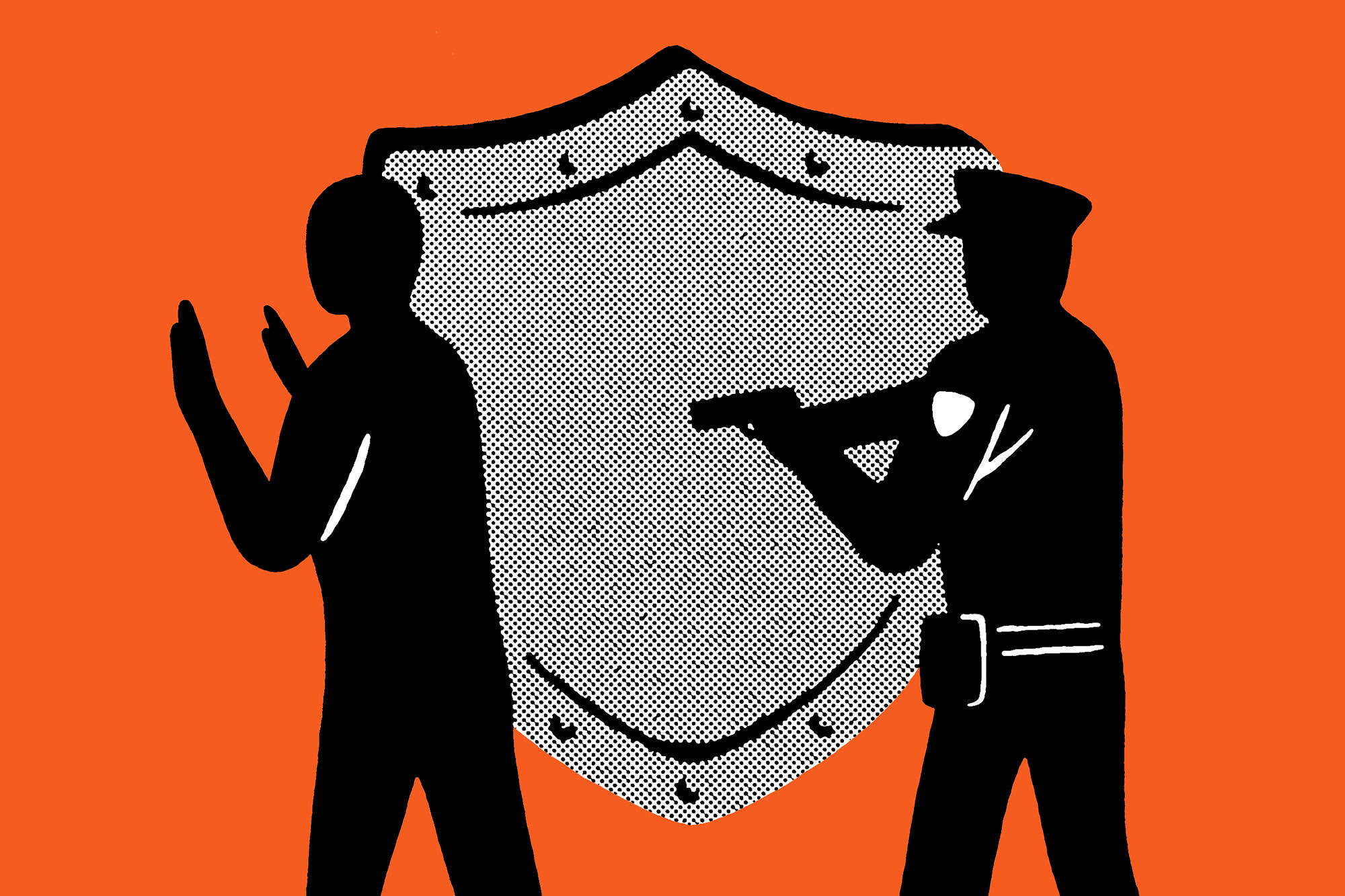Qualified Immunity Explained
... Ordinary people—whether they’re doctors, lawyers, or construction workers—are expected to follow the law. If they violate someone else’s legal rights, they can be sued and required to pay for the injuries they’ve caused.
Under the doctrine of qualified immunity, public officials are held to a much lower standard. They can be held accountable only insofar as they violate rights that are “clearly established” in light of existing case law. This standard shields law enforcement, in particular, from innumerable constitutional violations each year. In the Supreme Court’s own words, it protects “all but the plainly incompetent or those who knowingly violate the law.” It is under this rule that officers can, without worry, drag a nonthreatening, seven months pregnant woman into the street and tase her three times for refusing to sign a piece of paper. ...
